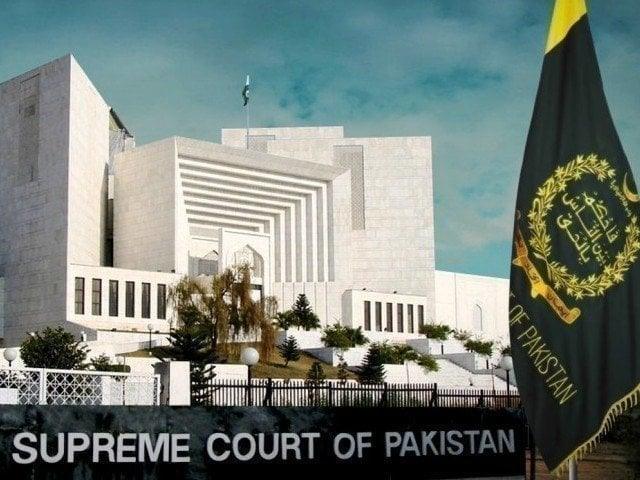The Supreme Court has ruled that denying the opportunity to interrogate a witness constitutes a violation of article 10-A of the Constitution, which guarantees the right to a fair trial. A five -page judgment created by Judge Salahuddin Panwar, while leaving aside the order of the Federal Service Court, said the interrogation was the highest and most indispensable evidence known by the law for the discovery of truth. The Superior Court said that the reliability of evidence can only be judged through the interrogation, which is essential to reveal the truth and prove the credibility of the accusations. This is especially important when the possibility cannot be ruled out in the investigation that a witness can raise false and dishonest accusations due to some animosity against the defendant, which cannot be accepted unless the interrogation test is suffered, which in fact helps expose the truth and veracity of the accusations. The petitioner, who served as a police superintendent (PSP-BS-18), was denied the opportunity to interrogate the witnesses. He was issued a sheet of charges and a statement of accusations to commit acts of omission, thus constituting inefficiency, misconduct and corruption in terms of rule 3 (a) (b) and (c) of the government servers (E & d) rules, 1973. The procedures against the petitioner began to those who perform the Ortument to an order of December 23, 2015, approved by the Supreme Court, approved by the Supreme Court, approved by the Supreme Court Supreme Court, and the procedures of the petitioners. Officers, including the petitioner, for the start of disciplinary procedures. However, during the investigation procedures, the petitioner was summoned, heard in person, and his statement/response was registered against said charges. The statements of 138 witnesses were recorded, but it was not allowed to interrogate any of them. After completing the consultation, the report presented on 12.11.2018 to the authorized officer, who sent him to the Secretary (establishment) with the recommendation to impose the great penalty of "Reduction at the lower time scale in the time scale for three years" According to the rules of rule 4 (b) (ii) of the rules of the government (efficiency and discipline), 1973. The Federal Service Court (FST) confirmed the punishment. The petitioner then approached the Supreme Court. The order indicates that the main objective of the interrogation is to rigorously analyze the testimony of the witness, reveal any inconsistency, discover potential biases and critically evaluate the reliability of the evidence presented.
‘The interrogation cannot be denied’




